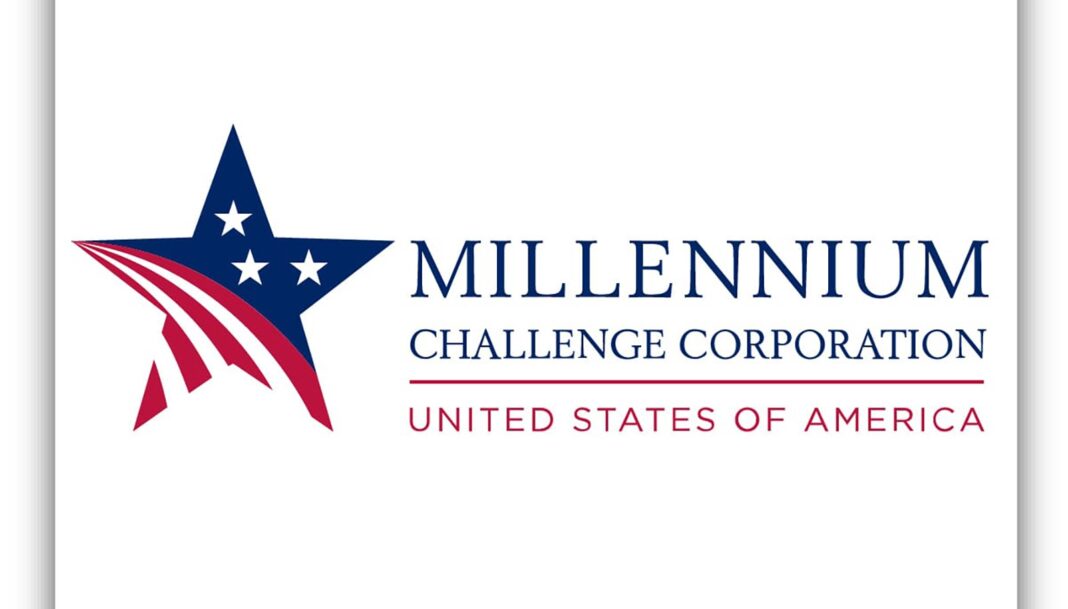Retirement benefits are among employees’ biggest assets because they provide financial security and income post-employment. As such, it is essential that these assets are safeguarded and invested correctly to ensure that they grow and earn good returns to provide security for members when they retire.
In previous articles, I discussed employee benefits which include retirement benefits and risk benefits, highlighting how employees can leverage these benefits to provide for their families. To help employees achieve their financial goals, employers are trusted to deduct and remit benefits to pension funds.
A trend within the retirement fund industry that is worrying, however, is the non-compliance by employers who deduct contributions but do not remit these to retirement fund administrators.
This week’s article discusses why employers must remit contributions timeously and the consequences of non-compliance. I will also share why it is important for employees or members of retirements to ask questions and not leave their retirement planning to chance.
Payment of contributions
Employers that provide occupation funds (pension or provident) or are participating members of umbrella funds are required to pay contributions to the pension fund administrator within a period of seven days according to section 29 (1) of Pension Fund Act (PFA) of 2019. In the article, Pension vs. Provident Funds, I explained the difference between pension and provident funds.
As an employee, it is important to regularly check your payslip, benefit statement and to visit the administrator’s portal to ensure that contributions (employer and employee contributions) are updated.
As an employer, it is important to remit contributions and accurate schedules to the administrator as soon as possible to ensure benefits are invested on time.
What are the consequences?
There are many consequences when employers fail to pay contributions to the administrator. Below, I highlight some of the consequences. Please note that the list is not exhaustive.
Interest charged – Employers who fail to pay member contributions may according to S29 (3)(a) of the PFA be liable to pay interest on the contributions at a rate of prime +5%.
Penalties – A daily administrative penalty of M10 000 for each day that the contributions are not paid will be charged.
Not acting in the member’s best interest – As mentioned above, retirement benefits form part of employees’ biggest assets. When contributions are not paid timeously and invested, employees’ forfeit from the compounding effect, reducing the possibility of retiring financially secure.
Reputation risk – Employers who are non-compliant are exposed to reputational risk, where companies can be named and shamed in the media. The South African Financial Sector Conduct Authority (FSCA) for example published a list of employers who owe pension funds. As a member of retirement fund, I encourage you to take control of your finances, including your retirement savings. Educate yourself, review your affairs regularly and ask questions to ensure your retirement assets are protected. For more information, visit the Employee Benefits office at Alliance Insurance Company or www.alliance.co.ls.








